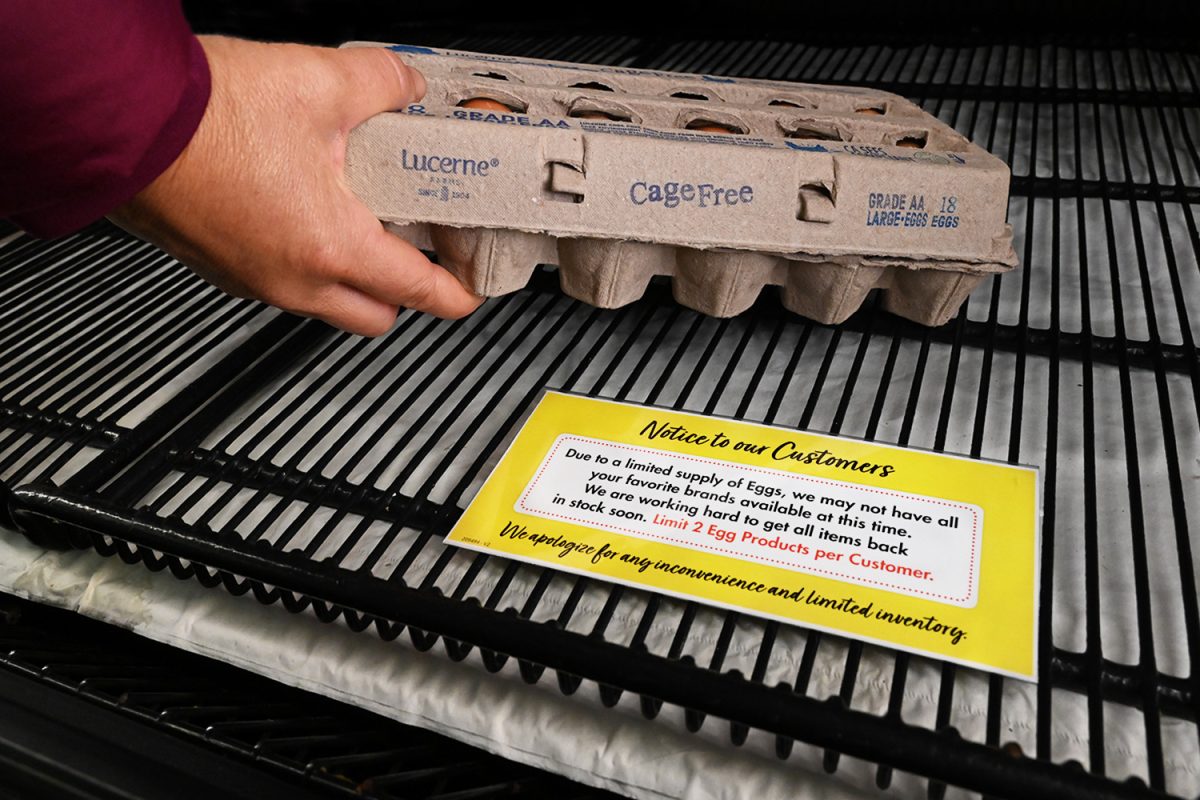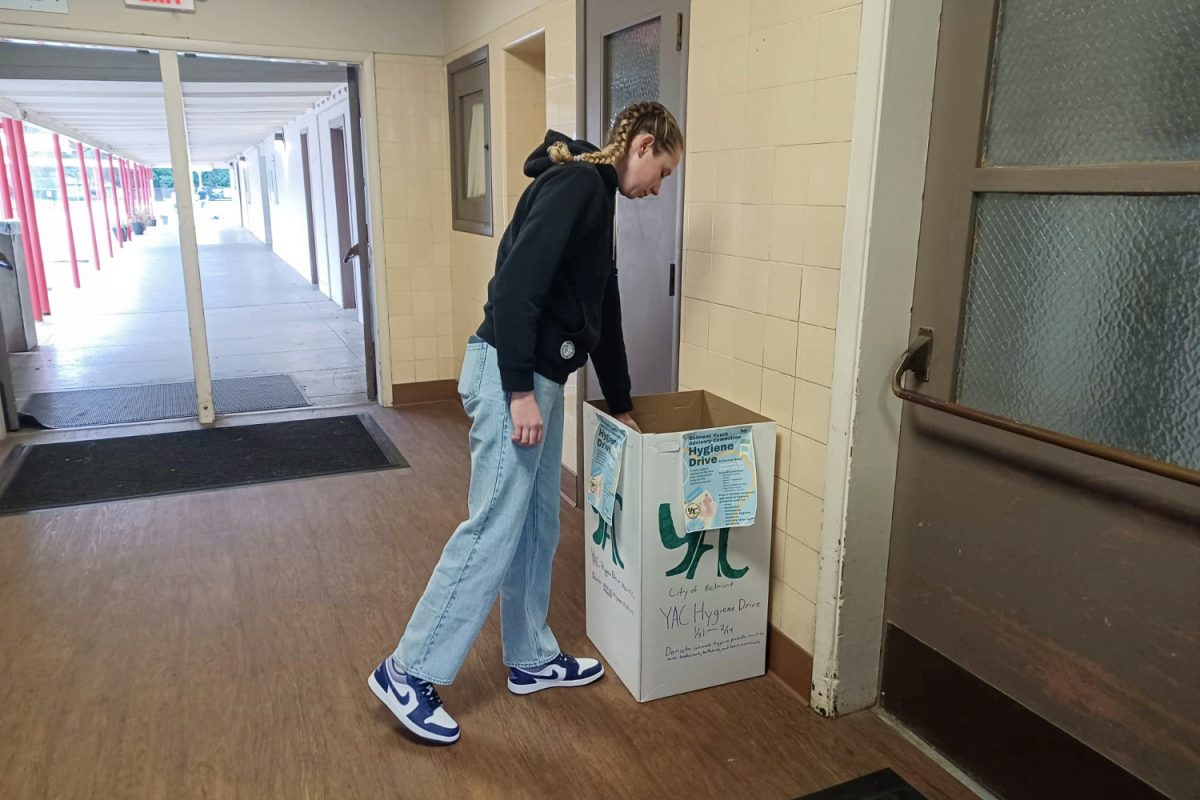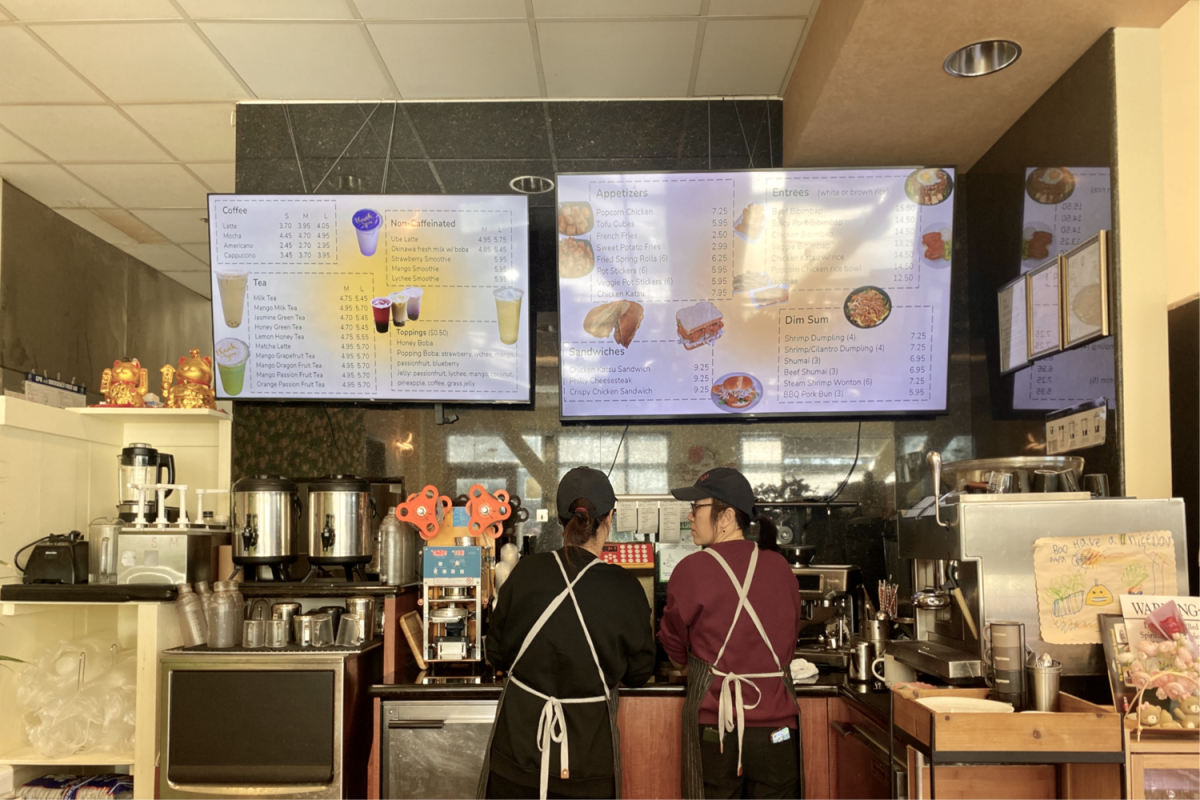Egg prices have increased significantly throughout the 2024-25 winter due to the soaring cases of Avian flu, leaving shelves bare and customers seeking affordable prices.
Rising cases of Avian influenza A (H5N1), a highly contagious virus mainly affecting birds, commonly known as “bird flu,” have disrupted supply chains in poultry farms.
While this disease is most contagious among birds, there have still been cases that affect cattle and even humans. However, it has also delayed egg production and shipments, which has led to fewer eggs on shelves, higher prices, and buying restrictions in some stores.
“I feel like we’re back in the pandemic, and eggs are toilet paper. And even though we have eggs at home, we still need to buy eggs anytime we see eggs now,” said Kristin Behling, a customer at Mollie Stones.
Especially in California, egg prices are higher than the United States average. In the latest egg market overview on Jan. 10 by the United States Department of Agriculture (USDA), the California benchmark for a carton of one dozen large eggs is $8.97. While this number is the same as last week, the California-compliant wholesale loose egg market prices have increased by $0.47 to $8.04 per dozen.
According to Behling, she hasn’t paid much attention to the egg prices, as the lack of eggs is shocking enough.
“Some things you gotta have, and you just gotta have it. If it’s steak, I may not buy it because it’s too expensive. But when it’s eggs, it doesn’t matter how much they cost, you gotta have eggs,” Behling said.
At Mollie Stones, prices of eggs ranged from $4.99 for a dozen of Mollie Stones branded eggs to $8.99 for a dozen grade AA free-range and Clover Sonoma eggs.
Still, some eggs, such as Rosemary Farm organic large brown eggs, cost as much as $13.99 per dozen at Marina Market. This price influx shows just how much prices can vary from place to place.
“I’ve learned that if I go to the more exclusive specialty stores like Mollie Stones and Draeger’s, I almost always can find my eggs,” Behling said. “But if I go to the big names like Trader Joe’s or Safeway, I don’t get eggs, so it usually means that I have two grocery store stops to go to to ensure I can get eggs.”
Other big distributors, such as Costco, can maintain lower egg prices with their Kirkland eggs coming in two or five dozen cartons. The best deal was a carton of five dozen eggs for $17.89, or only $3.58 per dozen.
With prices like these, it isn’t uncommon for Costco to see customers with carts carrying only eggs.
However, in other stores like Target, getting shipments of eggs into local stores hasn’t been easy and has left shelves empty.
“The eggs are totally out of stock. We haven’t had them in a week,” said Angel Barajas, an employee at Target.
While finding eggs has been difficult for everyday shoppers, egg prices have also gone up for those in restaurant dining and bakeries.
Anne Moser is the founder, director, and CEO of Backhaus alongside her husband, Robert. Backhaus has locations in both downtown San Mateo and Burlingame and serves daily artisan bread, pastries, and brunch options.
According to Moser, this year has one of the biggest hits on sourcing eggs for production.
“There have been instances of Avian flu going around here and there, but this has definitely been the highest impact that we have noticed, both in price increases and in availability,” Moser said.
For a bakery, an egg is one of the staple ingredients, especially when creating specialty pastries such as the “Speck and Egg,” a bowl-shaped croissant that features Italian bacon and an egg in the middle of each one.
Despite the increased cost of eggs, Moser says that Backhaus has been doing what it can to maintain its prices.
“Depending on our current menu, we go through zero to 12 cases of eggs per week. Each case contains 180 eggs, so that’s roughly 2,000 eggs per week,” Moser said.
With the sheer number of eggs, the price increase adds up. According to Moser, prices currently fluctuate between $80 to $140 per case, with the type of egg and organic certification often increasing the cost.
“We used to pay $70 per case for the organic certified humane eggs in 2022 and 2023 and non-organic eggs would have been cheaper than that,” Moser said. “We usually choose organic eggs from certified humane suppliers, but with the shortage we now sometimes have to settle for different eggs, too.”
Still, Moser says Backhaus has been able to get eggs in large quantities despite the lack of them in some supermarkets by working with multiple suppliers and comparing prices.
Additionally, because different suppliers such as Kale Foods or Chef’s Warehouse usually deliver eggs on other days, Backhaus has been able to keep up with producing many of its well-loved treats.
“We are really lucky in that we have multiple suppliers and they’ve been really good about making sure that the businesses that they supply get the eggs they need, so I think it is a bit easier for us than it is for the average consumer at the supermarket,” Moser said. “Luckily so far we have not run into the problem where we really needed something and we were completely unable to get.”
Similarly to Moser, Sibby Thomsen from Sibby’s Cupcakery in San Mateo says that the cupcake shop has been able to keep up with the egg demands, although that can change at any time without notice.
“We have been fortunate that thus far we are still able to access our regular supply of eggs through our commercial food distributor,” Thomsen said. “Despite having access, we are paying three times what we paid in 2023 and twice as much as we paid one year ago. In the food industry, our margins are razor-thin, so this cost increase has a significant impact on our bottom line.”
According to Sibby, ongoing supply chain issues have impacted other ingredients beyond eggs, leading them to purchase from retail stores and thus pay more.
Nevertheless, bakeries like Backhaus and Sibby’s Cupcakery minimize costs and make sure they don’t pass them on to consumers.
“We do everything we can to ensure that our product is consistent and that we are maintaining our standard of excellence, but it can get costly when there are supply chain issues and food shortages,” Thomsen said.












